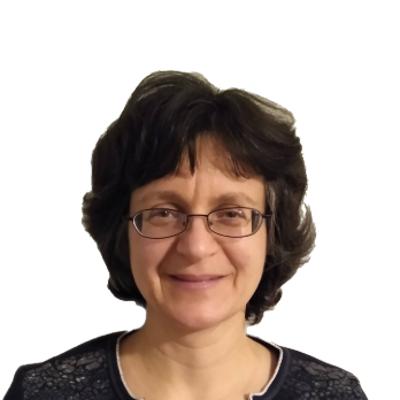Diego Mariscal Speaking at D.C. Startup Week 2022
As a parent of a young adult with a disability, I am deeply concerned by limited employment opportunities for people with disabilities. I was excited to meet Diego Mariscal, a promoter and role model for young founders with disabilities across the globe, to discuss his approach to mentoring and training aspiring youth.
Starting his career as a former Paralympic swimmer who won the first medal for his home state, Mariscal is a disability advocate and the Founder and CEO of 2Gether-International, a unique business accelerator focused solely on founders with disabilities. Mariscal has collaborated with organizations such as the U.S. Department of State, the Organization of American States, the Inter-American Development Bank, and companies like Comcast NBCUniversal, Google, Blackboard, and McKinsey to help them better understand disability as an asset for startups and entrepreneurship. He also met with President Clinton and President Biden to discuss disability and entrepreneurship issues.
Julia Brodsky: Please tell me a bit about yourself.
Diego Mariscal: I was born prematurely and diagnosed with cerebral palsy, which interferes with my motor skills, including walking. As a child, I had several experiences that quickly put me on the path of advocacy. My family expected me and my brother, who was very close to me in age, to complete the same household chores. At times, that meant I would need to wake up earlier to make my bed or take an extra half an hour to do the dishes. My life was truly integrated with that of my family, which made me realize I could do pretty much what everybody else was doing.
Growing up in the entrepreneurial town of Monterrey, Mexico, I had early exposure to the culture of startups. As an 18-yr old teenager, I started a disability education program for local students. The program expanded to multiple high schools across the country in four years, reaching more than 3,000 students nationwide. It remains one of the largest youth-led disability education programs in the country to this day.
Naturally, I became interested in supporting founders with disabilities, particularly learning how we could leverage our unique skills to develop a competitive advantage. My nonprofit accelerator, 2Gether-International, was launched in 2015. By supporting these entrepreneurs, we're changing the conversation around disability from something that needs to be fixed to something that can be embraced.
Brodsky: Could you tell me more about the accelerator?
Mariscal: We're one of the only accelerators in the world that exclusively supports founders with disabilities. We've only been in operation for the past two and a half years, but we are leading the movement. Our 500-strong Meetup, open to everyone interested, provides an initial pool of applicants. We get over a hundred applications for every cohort and choose five to fifteen winners. Our accelerator sessions are ten weeks long, and the students start learning practical skills from day one. We also connect entrepreneurs with the right resources and support systems to help them thrive. While there are many accelerator programs, they don't necessarily provide strategic and tactical advice as we do in our workshops.
When we talk to our alums to hear what was most valuable to them in our accelerator, they invariably bring up the community and the camaraderie of folks. One of the best signs that we are doing the right thing is that about a third of our speakers and mentors, as well as about a third of our board, are alumni of our network who are doing really well. Our graduates want to give back to contribute in a meaningful way.
So far, we have supported over 60 companies, which have collectively raised more than $40 million - an impressive achievement for a young accelerator. One of our companies has already been acquired. Next year, we are set to launch an online platform, providing materials and asynchronous training to prospective applicants. And then, we will try to build the first-ever fund for founders with disabilities.
Brodsky: What advice would you give to young people with disabilities who may want to go into entrepreneurship?
Mariscal: I didn't set out to create the leading accelerator for founders with disabilities - I set out to redefine the way people think about disability. If you have a disability and want to pursue entrepreneurship - look closely into your vocational rehabilitation services and actively advocate for yourself in a way that would let you put your best foot forward (pun intended). Think, what are you upset about in the world? And how can you use that frustration to create change?
And most importantly, follow your passion. They say entrepreneurship is a marathon, not a sprint - but it can also be an artistic expression, a reflection of your values, an extension of your personality. Then, inevitably, you will live a more fulfilled and balanced life.
